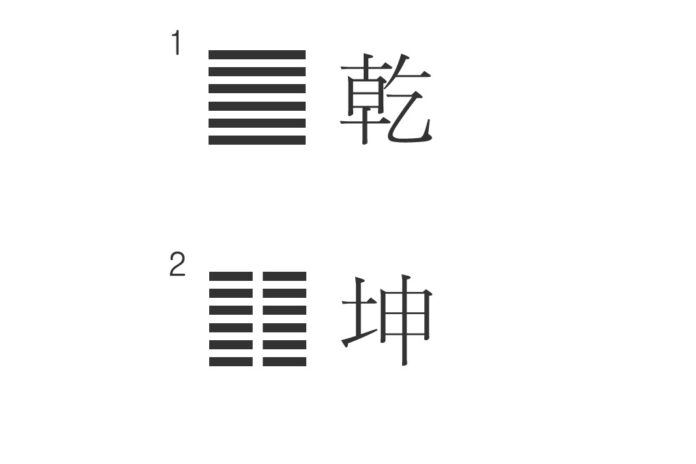By Simon Kim, Professor, South Baylo University
In the introduction of this series of column, I asked readers whether you believe the existence of Qi or not. Through the last 11 articles from May 2019 to March 2020, I tried to persuade the so-called Qi Realism; organic qi, life-laden jingqi as an ultimate entity of nature. In order to comprehend the phenomena of cosmic nature which contains matter, life, and spirit, we need to accept the Pan-Experientialism (凡經驗主義). Because all the natural being including homo sapiens experience great nature not just as a material entity.
This is not just my personal idea, but it has plenty of philosophical references in the classical cannons such as the I-Ching and the Hwangti Neijing. Gyesa of I-Ching (繫辭傳) said that Jingqi produces the myriad things (精氣爲物) and that begetting life is called the principle of I (生生之謂易). The physiology of Eastern Medicine could be interpreted via 12 letters of Bonshin of Hwangti Neijing: Qi, Life, Jing, Shen, Hun, Po (Chinese style pronunciation: 氣生精神魂魄), Eui, Ji, Sim, Sa, Ryo, Zi (Korean style pronunciation: 意志心思慮智) However, one missing letter ‘Virtue (德)’ is located in front of these 12 letters.
The reality of Qi depends on the very virtue of Heaven and Earth. The Virtue of Heaven and the beginning of cosmos coincide. The first diagram of I-Ching, Geon (乾), implies the creative virtue of myriad things (大哉乾元 萬物資始). The second diagram of I-Ching, Gon (坤), connotates the begetting virtue of myriad things (至哉坤元 萬物資生). The I-Ching world view echoed in the philosophy of organism and the systems view in the works of Fritjof Capra, and the deep ecology of Andrew McLaughlin. The disciple of Thomas Berry, Bryan Swimme, brilliantly addressed this kind of cosmology in his book of ‘the universe story’.
Macro cosmos, the Heaven (天), connected to micro cosmos, the Earth (地). Human being (人) born to live between them. So, man is equipped with the virtue of Heaven and the Qi of Earth (天德地氣). Therefore, Qibo (岐伯) answered to Hwangti that Heaven within me is Virtue and Earth within me is the Qi (天之在我者德也, 地之在我者氣也: 靈樞 本神).
It is only to humans that the heavens and the earth are united together as one. The same roots of I-Ching and Asian medicine (醫易同源) signifies a very profound meaning. The philosophical illumination of Eastern Organic medicine based on the world view of the I-Ching will open a new field of integrated medicine in the 21st century. Because it assumes the nature of healing organism, including life, emotion, mind, soul, and spirit, beyond the material view of physiology in Western medicine. The following comments from Needham are suggestive and provocative for the future science and medicine.
“The great triumph of early modern natural science was possible on the assumption of a mechanical universe, but the time was to come when the growth of knowledge necessitated the adoption of a more organic philosophy no less naturalistic than atomic materialism. (Joseph Needham, Science and Civilisation in China II, p. 505)









































